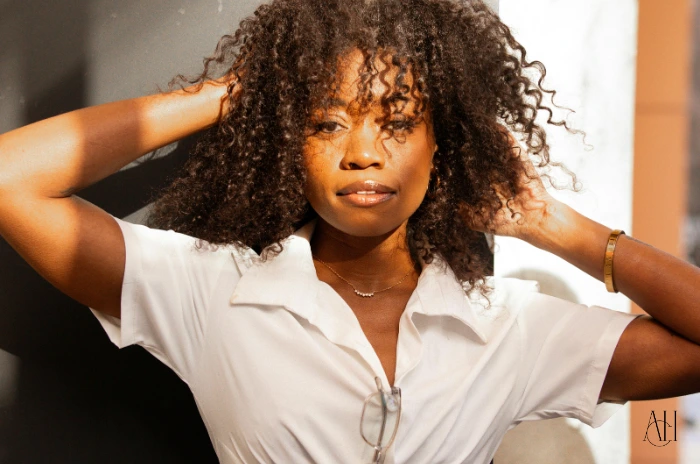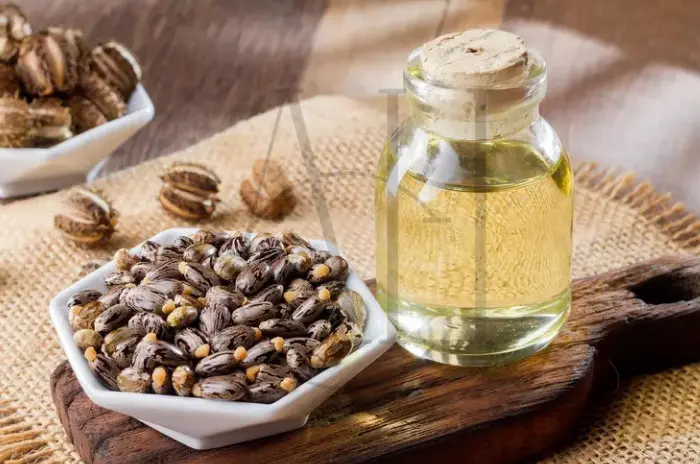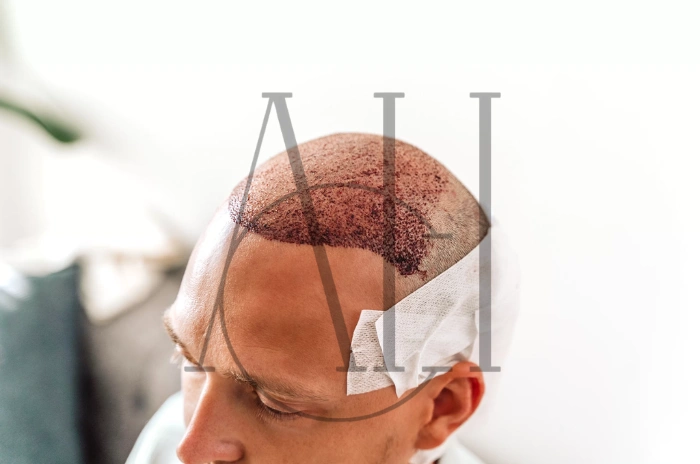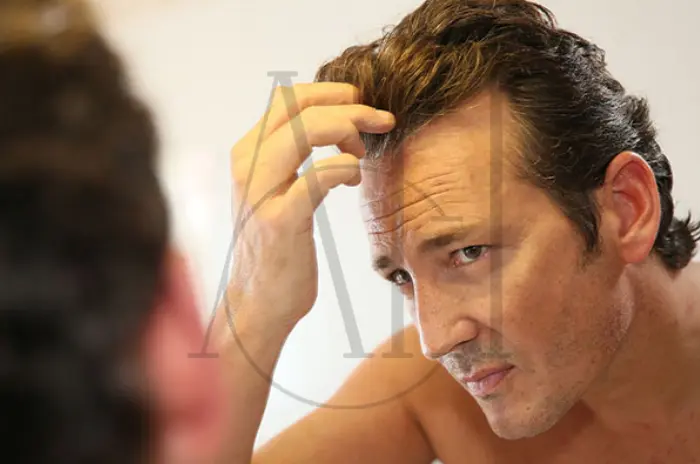The term nappy hair holds a deep-rooted cultural and historical significance, particularly within the context of Black hair identity. For some, it symbolizes pride and natural beauty, while for others, it echoes a painful legacy of racial bias. As conversations around natural hair, beauty standards, and inclusivity evolve, so does the understanding and usage of this controversial term. In this guide, we explore the origin of nappy hair, its societal implications, and how it’s used today.
Table of Contents
ToggleUnderstanding the Term Nappy Hair
Definition and Use in Slang
The word nappy traditionally refers to hair that is tightly coiled, coarse, or kinky in texture. In slang, it was often used derogatorily to describe Black hair as unkempt or undesirable. Over time, however, some within the Black community have reclaimed the term as a badge of pride.
Why It’s Associated with Black Hair Texture
Nappy hair texture is most commonly seen among individuals of African descent, due to the natural structure of their hair follicles. This unique hair type has long been associated with identity, resistance, and beauty in the face of societal pressure to conform to straight hair norms.
Historical Use of Nappy Hair: From Slavery to Segregation
17th-century Slave Era Associations with Cotton Fibers
During the transatlantic slave trade, enslaved Africans were mocked for having hair resembling cotton fibers. The term nappy emerged as a way to compare tightly coiled hair to cotton, reinforcing their supposed inferiority.
19th & 20th-century Racial Bias Encoded in Hair Descriptions
As racial hierarchies solidified, descriptors like nappy were weaponized in schools, workplaces, and the media to shame Black people. Straight hair became a standard of beauty, while natural Black hair was cast as unprofessional or dirty.
Alternatives and Positive Language for Hair Texture
Texture-Forward Terms: Coily, Kinky, Voluminous Curls
Instead of using the term “nappy,” many now prefer terms like coily, kinky, or voluminous curls. These phrases celebrate the complexity and beauty of natural textures without invoking derogatory connotations.
Choosing Respectful, Empowering Language for All Hair Types
Language has the power to shape perception. Choosing affirming terms for frizzy hair or textured styles promotes inclusivity and counters years of hair-shaming. Empowering descriptions can foster self-love and dismantle harmful stereotypes.
Controversies Involving the Term Nappy
The Don Imus Nappy-Headed Incident
In 2007, radio host Don Imus sparked national outrage after referring to Black female basketball players as “nappy-headed hos.” The comment was widely condemned as racist and misogynistic, reigniting debates about who can say the word.
Curriculum Censorship Over the Word in Schools
In various U.S. school districts, the inclusion of the term nappy in literature or classroom discussion has led to complaints and censorship. This reflects the discomfort many still feel around its usage and the need for context-sensitive education.
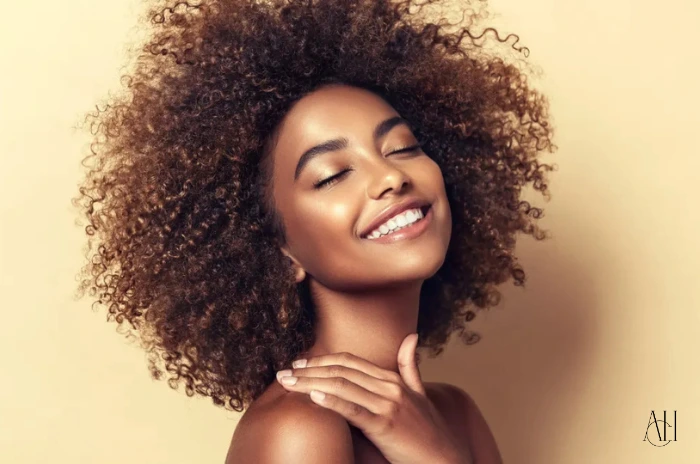
Embracing Natural Texture: Beyond the Word Nappy Hair
Preferred Descriptors: Coily, Kinky, Curly
To move past the stigma, people increasingly describe their hair as coily, kinky, or curly. These terms focus on texture without the cultural baggage of “nappy.”
Celebrating Texture Through Language and Style
From embracing afros to rocking protective styles, the focus is shifting toward celebrating texture. Inclusive haircare brands and movements encourage the expression of Black beauty through authentic, empowering narratives.
The Nappy Movement: Pride, Identity & Hair Health
Movement Origins in the 2000s in the U.S. and Beyond
The nappy movement began in the early 2000s as a digital and grassroots campaign to reclaim the term and celebrate natural Black hair. It was fueled by bloggers, forums, and influencers sharing tips, journeys, and affirmations.
Embracing Natural Styles: Twists, Braids & Coils
Styles like twists, braids, and coils gained traction as not only trendy but healthy alternatives to chemical straightening. These styles underscore pride in nappy hair and cultural heritage.
Hair Wellness Driven by Natural Ingredient Use
The movement also inspired a surge in the use of natural ingredients like shea butter, castor oil, and aloe vera for hair care. These products support hair wellness while honoring the hair’s natural state.
When Nappy Is Offensive and Who Should Avoid It
Insider vs. Outsider Use and the Tone of Context
Context is critical. While some Black individuals may use the word affectionately or humorously, outsiders often lack the shared experience to wield the term appropriately.
Why the Word Still Hurts When Used Carelessly
Even when used without malice, the word nappy can evoke centuries of trauma. Casual or careless use—especially by non-Black people—risks reopening wounds tied to systemic oppression.
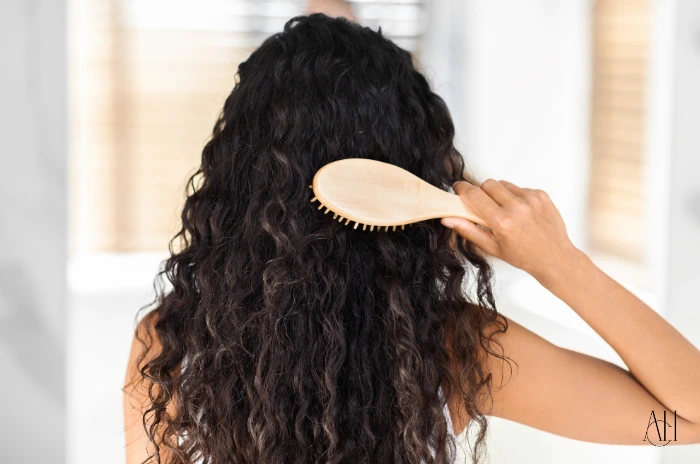
Usage Among Black Communities with Positive Tone
Within the Black community, the term has been reclaimed by some as a term of endearment or cultural pride. When used in this way, it reflects empowerment and connection.
PopSugar’s Insights: Acceptable In-Group Usage vs. Offensive Outsider Use
According to PopSugar and other cultural analysts, the term may be fine within in-group conversations but becomes problematic when adopted by those outside the culture. The key lies in intention, identity, and audience.
Why Non-Black Use of Nappy Is Offensive
Lack of Shared Cultural Experience Triggers Hurt
Non-Black individuals often lack the lived experience of hair-based discrimination. Using the term without understanding its weight and history can feel appropriative or dismissive.
Why Context and Identity Matter in Language Use
Language carries meaning shaped by identity and history. When non-Black people use racially charged terms like “nappy,” they may unknowingly replicate systems of marginalization.
Why Nappy Was a Negative Label for Black Hair
Southern U.S. Roots in Adult Commentary
The term gained traction in the Southern U.S., where it was used by adults to criticize children’s hair. The label implied shame, lack of hygiene, and low social status.
Derogatory Use in Schools & Media
Black children were often teased in school or depicted in media as less desirable due to their “nappy” hair. This led many to internalize negative self-perceptions, affecting confidence and identity.
When Nappy Is Acceptable and Who Should Use It
Insider vs. Outsider Use: Who Can Say It?
The general consensus is that only members of the Black community can use the term comfortably. Even then, usage varies by region, generation, and personal preference.
Why White or Non-Black Use May Still Hurt
While the word may seem harmless to some, its history of oppression makes its use by White or non-Black individuals especially fraught. Intent does not erase impact.
Quick Overview Table: Understanding “Nappy” Hair Use
| Context | Acceptable Use | Example |
|---|---|---|
| Black in-group discussions | Often acceptable | “I love my nappy curls!” |
| Media commentary | Often offensive | “She has nappy hair.” |
| Educational discussions | Context-dependent | Literature or cultural history |
| Used by non-Black person | Generally offensive | Casual use in everyday speech |
FAQ for Nappy Hair Meaning History and Modern Usage Explained
What is the historical origin and meaning of the term “nappy hair”?
The term originated during slavery, used to compare Black hair to cotton fibers. It was rooted in racism and used to degrade.
Why is the term “nappy” considered offensive, especially when used by non-Black individuals?
Because it carries a painful history of racial discrimination and hair shaming. Its use by outsiders can feel like cultural appropriation.
In what contexts might the term “nappy” be considered acceptable or even positive?
When used within the Black community with pride and intent to reclaim. Context and relationship matter.
What controversies have involved the term “nappy-headed”?
The Don Imus incident in 2007 is one of the most notable, where the term was used to insult Black athletes.
What are preferred and respectful alternatives to describe hair textures often labeled as “nappy”?
Coily, kinky, curly, or textured are respectful and affirming alternatives. These avoid historical baggage.
What is the “Nappy Movement” and what does it represent?
A grassroots movement promoting natural Black hair, self-love, and cultural pride. It reclaims the term while promoting hair health.
How did racial bias become encoded in hair descriptions like “nappy”?
Through centuries of media, education, and beauty standards that labeled Black hair as inferior. This reinforced systemic discrimination.
Can the casual use of “nappy” by outsiders still be hurtful?
Yes, even unintentional use can reopen historical wounds and offend. Respect for context is crucial.

